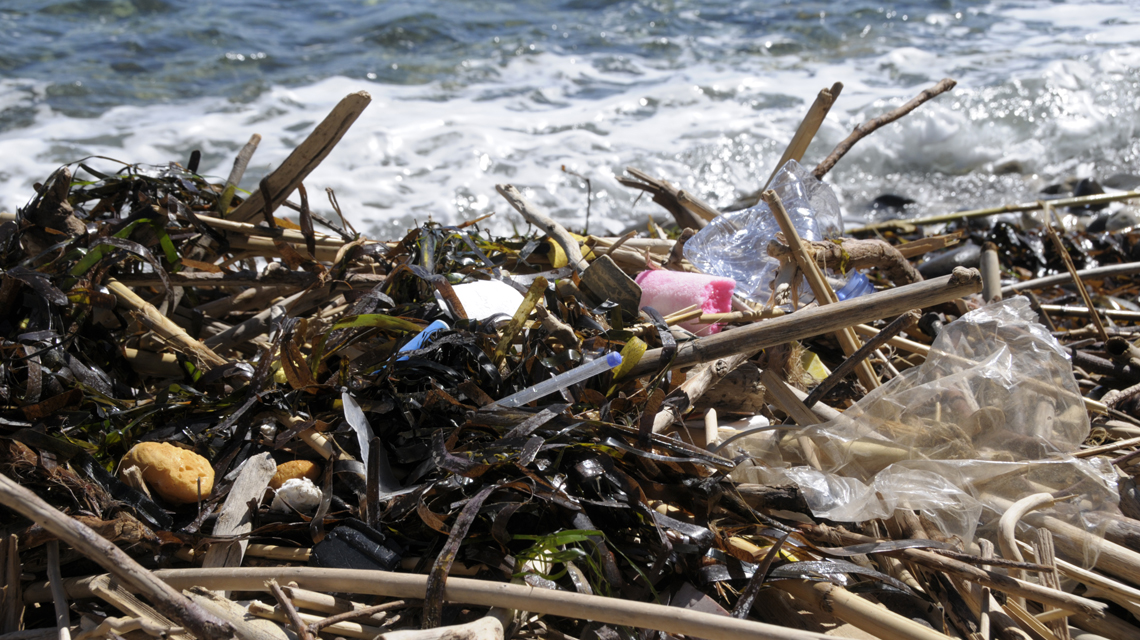Oceans cover more than 70% of the planet and are a source of food and income for more than 10% of the world’s population. Pollution and climate change continue to have a major impact on the ocean. Countries are working together to protect the marine environment from their effects and achieve United Nations Sustainable Development Goal (SDG) 14, which calls for conserving and sustainably using the oceans, seas and marine resources for sustainable development.
One of the major changes to the marine environment is ocean acidification. This is caused by the ocean absorbing excess amounts of carbon dioxide from the atmosphere, mainly coming from human activities. This results in an increase in the acidity of the oceanwater. Scientists are monitoring and studying ocean acidification using isotopic and other techniques to understand how it affects marine life and ecosystems and identify ways to protect the ocean and the coastal communities. The IAEA’s Ocean Acidification International Coordination Centre (OA-ICC) helps to promote international collaboration, train scientists and share data to advance research on ocean acidification.
Experts are also working closely with the IAEA to use isotopic and other techniques to track and understand how contaminants, such as microplastics, radionuclides and heavy metals, affect marine organisms and ecosystems, as well as the quality of seafood and the transfer of contaminants throughout the food chain.

